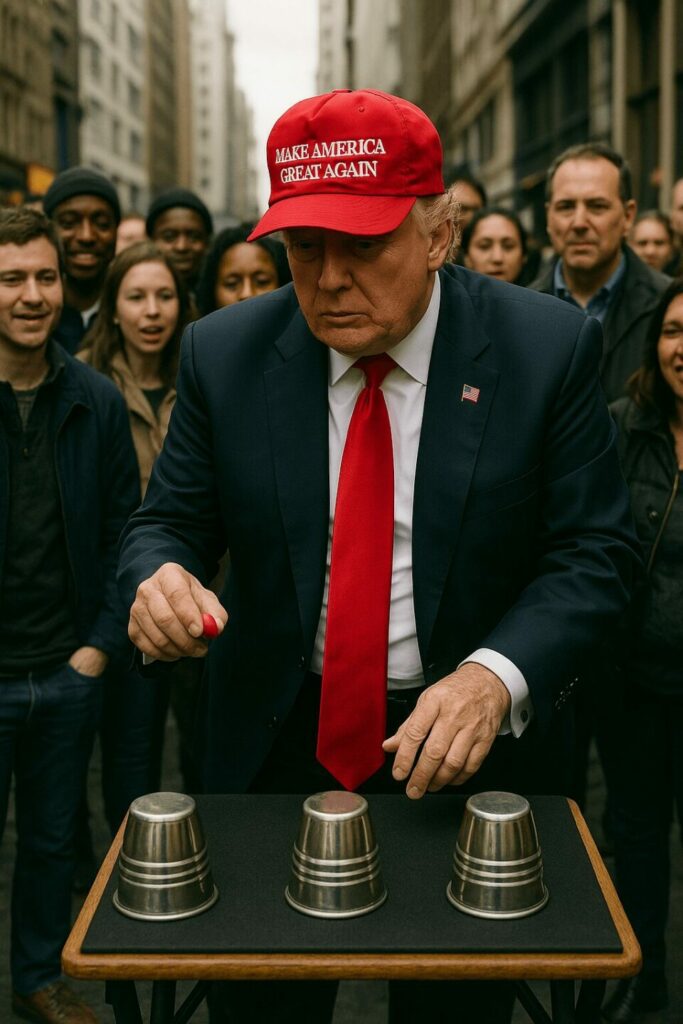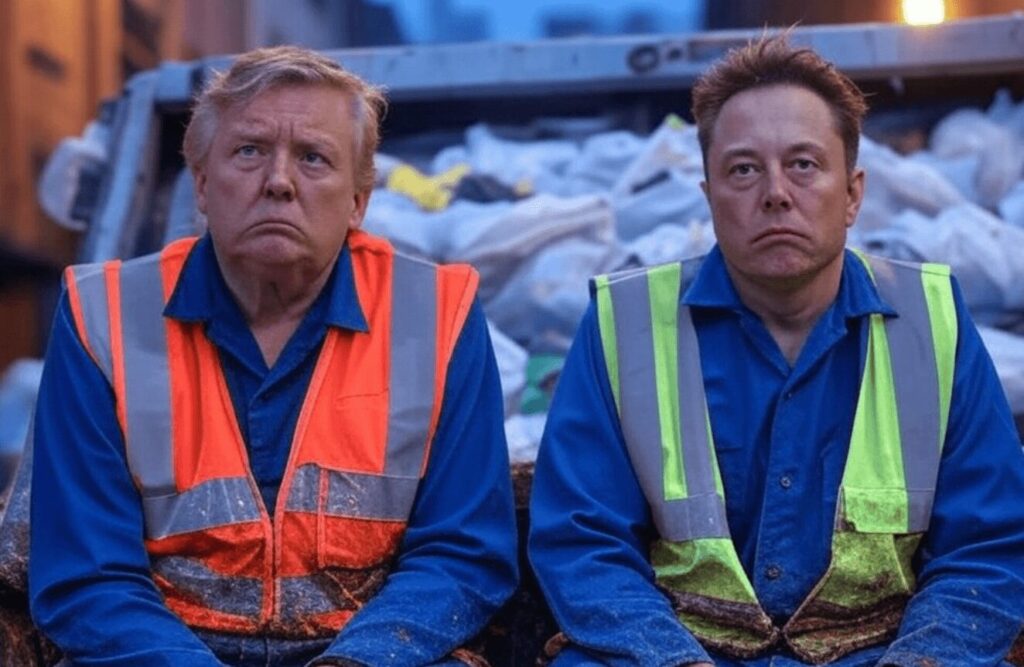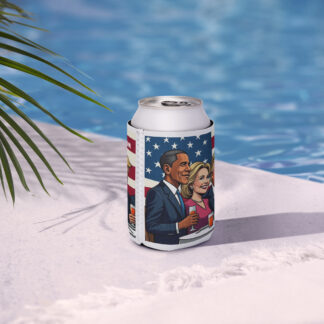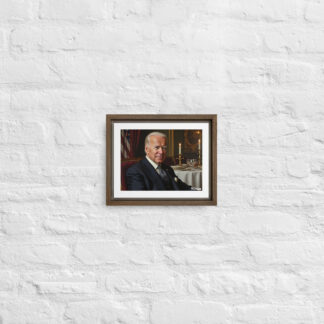The Trump tariff is causing a lot of discontent. Many people do not understand why this is happening. The explanations you’ll often hear are dissatisfying. That’s because too few are capable of looking deeply enough below the surface. Or they truly do not understand what’s happening.
Donald Trump’s latest round of tariff talk is grabbing headlines again, with his usual chaos: shifting percentages, arbitrary country targeting, vague product categories. One day it’s China, the next it’s aluminum from Canada, or electric vehicles from the EU. The confusion is, of course, by design.
But while pundits argue over inflation, trade imbalances, and whether Trump even understands his own policy, they’re missing the real story. The chaos is camouflage.
The headline is a distraction.
What matters most isn’t the noise on the surface – it’s the possibility that Trump has installed a skimming mechanism into the American economy itself.
And we need to start calling it what it is: a financial coup.
Trump Is Crushing Small Businesses & Profiting Personally
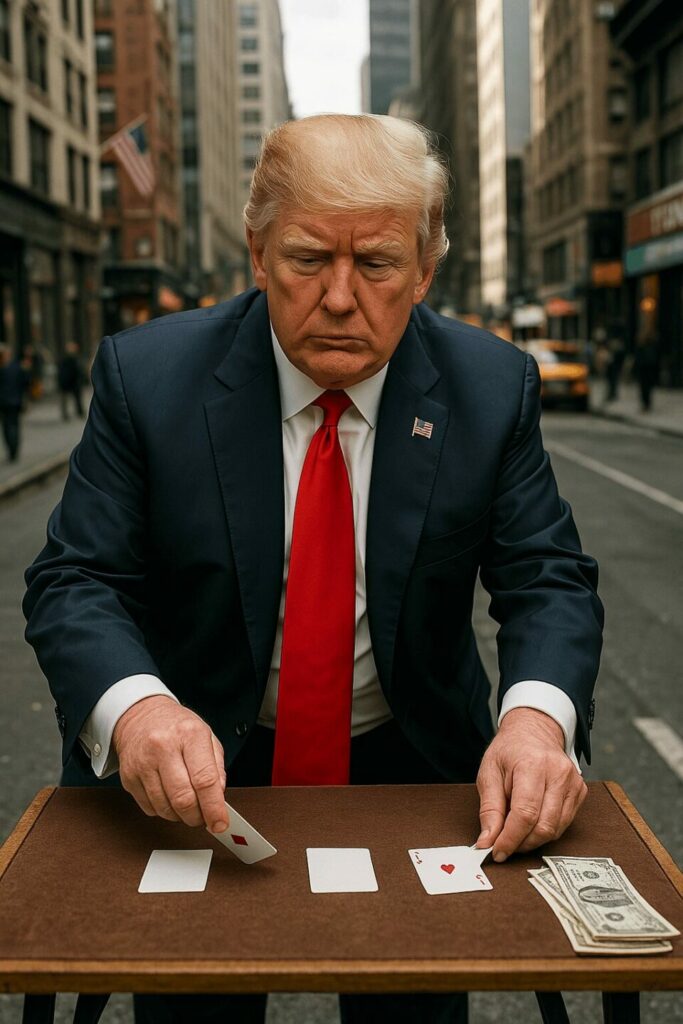
With tariffs, the U.S. Treasury collects the import taxes. But who pays them? American companies – especially small and mid-sized businesses – shoulder the costs up front.
Giants like Amazon and Walmart can absorb it. The rest of us? Not so lucky. Tariffs have become an instrument of class warfare, cloaked in nationalist rhetoric.
But what if that revenue isn’t staying where it should? What if Trump and his allies are skimming from the very import payments these companies make?
Trump’s cryptic references to an “external revenue service” – a phrase he dropped with no media follow-up – should raise every red flag in the book. Is there a shadow apparatus routing money away from the Treasury and into private pockets? If so, this isn’t just corruption. It’s a hostile restructuring of how government revenue works.
And it’s happening while everyone’s too busy analyzing the tariffs like this is normal.
Reciprocity Is Not a Strong Strategy
Let’s talk about the surface-level distraction for a moment: Trump’s new doctrine of “reciprocal” tariffs. Sounds fair, right? If France charges 20% on our wine, we’ll charge 20% on theirs. Except… that’s not how good negotiation works. It’s not a strategy. It’s surrender. By blindly matching tariffs, Trump is outsourcing U.S. trade policy to other nations. He’s not leading, he’s reacting. Instead of defining what’s in America’s best interest, he’s effectively letting every other country set our terms for us.
It’s the weakest possible bargaining posture masquerading as toughness. And foreign leaders haven’t quite realized just how much leverage he’s voluntarily given them.
When they do, America will lose even more ground.
But again – this isn’t about winning or losing. Trump doesn’t care where the chips fall.
He’s made it clear himself: if prices go up, he doesn’t care. The same man who campaigned in 2024 on lowering costs for all Americans is now actively pushing policies that drive prices higher—and he knows it.
Because the money isn’t supposed to help America. It’s supposed to help him.
Allies: Don’t Hurt Us to Get to Him
As Trump’s relationships with allies like Canada, Europe, and Japan continue to deteriorate, the global backlash has increasingly landed on the American people.
That’s a mistake.
Trump isn’t hurt by strained diplomatic ties. He thrives on them. Trade instability, economic pain, and diplomatic friction only strengthen his message of chaos and victimhood. When our allies retaliate, it’s not Trump who suffers – it’s us. If you are watching this from abroad, know that America is being held hostage by a political arsonist who is profiting directly from the fires he sets. Don’t punish the hostages to hurt the terrorist. Find ways to target Trump himself, his businesses, his offshore arrangements, his financial networks. That’s where the pressure belongs.
The Real Emergency Is Like Something We’ve Never Seen Before
We’re watching a man treat the presidency like a personal payment terminal. His import tariffs function not as economic tools, but as a bribery mechanism. He drives trade policy not to serve the national interest, but to serve his own gain and create distraction. His so-called “external revenue service” may very well represent one of the most audacious financial heists in modern political history—hidden in plain sight.
It’s time to stop laughing at the contradictions. They’re not accidents. They’re a distraction. It’s time to demand an investigation – not into whether tariffs “work,” but into where the money is going. And it’s time to remind the world: Trump may be back in office, but that doesn’t mean he’s invincible.

